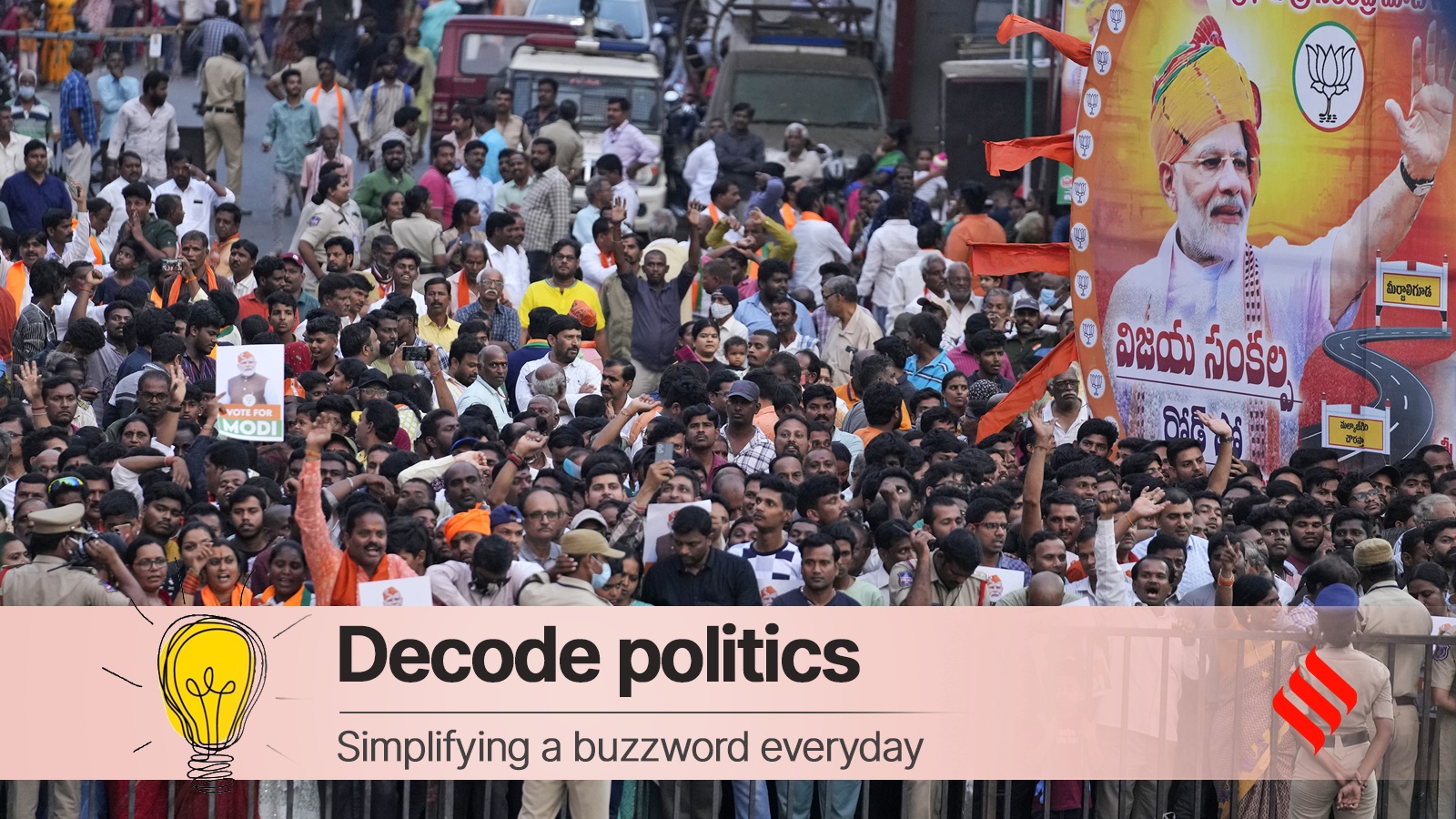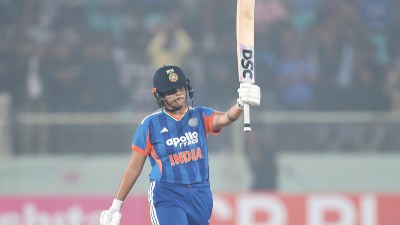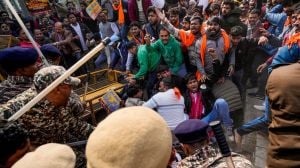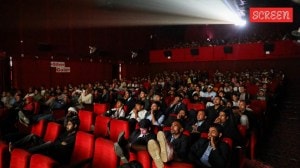Decode Politics: Key to free and fair polls, how Model Code of Conduct evolved over decades
Although not enforceable by law, MCC is a consensus code involving all political parties that has become an integral part of elections, making it democratic by seeking a level-playing field
 The Model Code of Conduct forbids ministers (of the central and state governments) from using official machinery for election work and from combining official visits with electioneering. (Photo: AP)
The Model Code of Conduct forbids ministers (of the central and state governments) from using official machinery for election work and from combining official visits with electioneering. (Photo: AP)The Model Code of Conduct (MCC) is coming into force following the announcement of the Lok Sabha poll schedule by the Election Commission (EC) Saturday.
The MCC is a consensus document. This means that political parties have themselves agreed to keep their conduct during elections in check, and to work within the Code. The philosophy behind the MCC is that parties and candidates should show respect for their opponents, criticise their policies and programmes constructively, and not resort to mudslinging and personal attacks.
The MCC forbids ministers (of the central and state governments) from using official machinery for election work and from combining official visits with electioneering. Advertisements extolling the work of the incumbent government using public money are to be avoided. The government cannot announce any financial grants, promise construction of roads or other facilities, and make any ad hoc appointments in government or public undertaking during the time the Code is in force. Ministers cannot enter any polling station or counting centre except in their capacity as a voter or a candidate.
MCC’s origin in Kerala
Kerala was the first state to adopt a code of conduct for elections. In 1960, ahead of the Assembly elections in the state, the administration prepared a draft code that covered important aspects of electioneering such as processions, political rallies, and speeches.
The experiment was successful, and the EC decided to emulate Kerala’s example and circulate the draft among all recognised parties and state governments for the Lok Sabha elections of 1962.
However, it was only in 1974, just before the mid-term general elections, that the EC released a formal MCC. It also set up bureaucratic bodies at the district level to oversee its implementation.
This Code was also circulated during parliamentary elections of 1977. Until this time, the MCC was meant to guide the conduct of political parties and candidates only.
However, on September 12, 1979, at a meeting of all political parties, the Commission was apprised of the misuse of official machinery by parties in power. The Commission was told that ruling parties monopolised public spaces, making it difficult for others to hold meetings. There were also examples of the party in power publishing advertisements at the cost of the public exchequer to influence voters. At this meeting, political parties urged the EC to change the Code.
So the EC, just before the 1979 Lok Sabha elections, released a revised Model Code with seven parts, with one part devoted to the party in power and what it could and could not do once elections were announced. The MCC has subsequently evolved as an integral part of conducting fair and free elections.
MCC’s evolution
The MCC has been revised on several occasions since then. The last time this happened was in 2014, when the Commission introduced Part VIII on manifestos, pursuant to the directions of the Supreme Court.
Part I deals with general precepts of good behaviour expected from candidates and political parties. Parts II and III focus on public meetings and processions. Parts IV and V describe how political parties and candidates should conduct themselves on the day of polling and at the polling booths.
Speaking at a conference on electoral reforms in Lucknow, in January 2011, then Chief Election Commissioner (CEC) SY Quraishi said that political parties must be credited with the development of the MCC. Quraishi said the MCC was “enforced not by law but by an agreement made to this effect by all political parties… [it] worked wonders as restrictions imposed under it are carried out by all governments and political systems without failure”.
Few days earlier, speaking at the valedictory function of the diamond jubilee celebrations of the ECI, the CEC had said the MCC was indispensable for ensuring “honest, free and fair elections”, and despite the fact that it had no statutory backing, it continued to be effective because it elicited the “moral sanction” of public opinion and had evolved virtually as a “moral code of conduct”.
Since 1991, the MCC has come to be seen as an integral part of elections, making the electoral contest democratic by ensuring that the party in power and those who staked claims to power would abide by it.
Criticism and challenges
In May 1990, the Goswami Committee on Electoral Reforms under the then law minister Dinesh Goswami made significant recommendations for reforms. Among these was the suggestion that the weakness of the MCC could be overcome by giving it statutory backing and making it enforceable through law.
The Goswami Committee suggested bringing certain areas within the ambit of electoral law and making their violation an electoral offence.
The government went on to propose an amendment to the Representation of People’s Act, 1951, to make the violation of some of the provisions of the MCC punishable. This Bill was, however, not passed.
Over the years, many have argued that the lack of legal enforcement would hinder the enforcement of the MCC.
However, it is also argued that the EC can enforce MCC through the powers it has. Clause 16(A) in the Election Symbols (Reservation and Allotment) Order, for example, gives the EC the power to suspend or withdraw recognition of a political party “for failing to observe the Model Code of Conduct or follow the lawful directions or instructions of the Commission”.
- 01
- 02
- 03
- 04
- 05
































